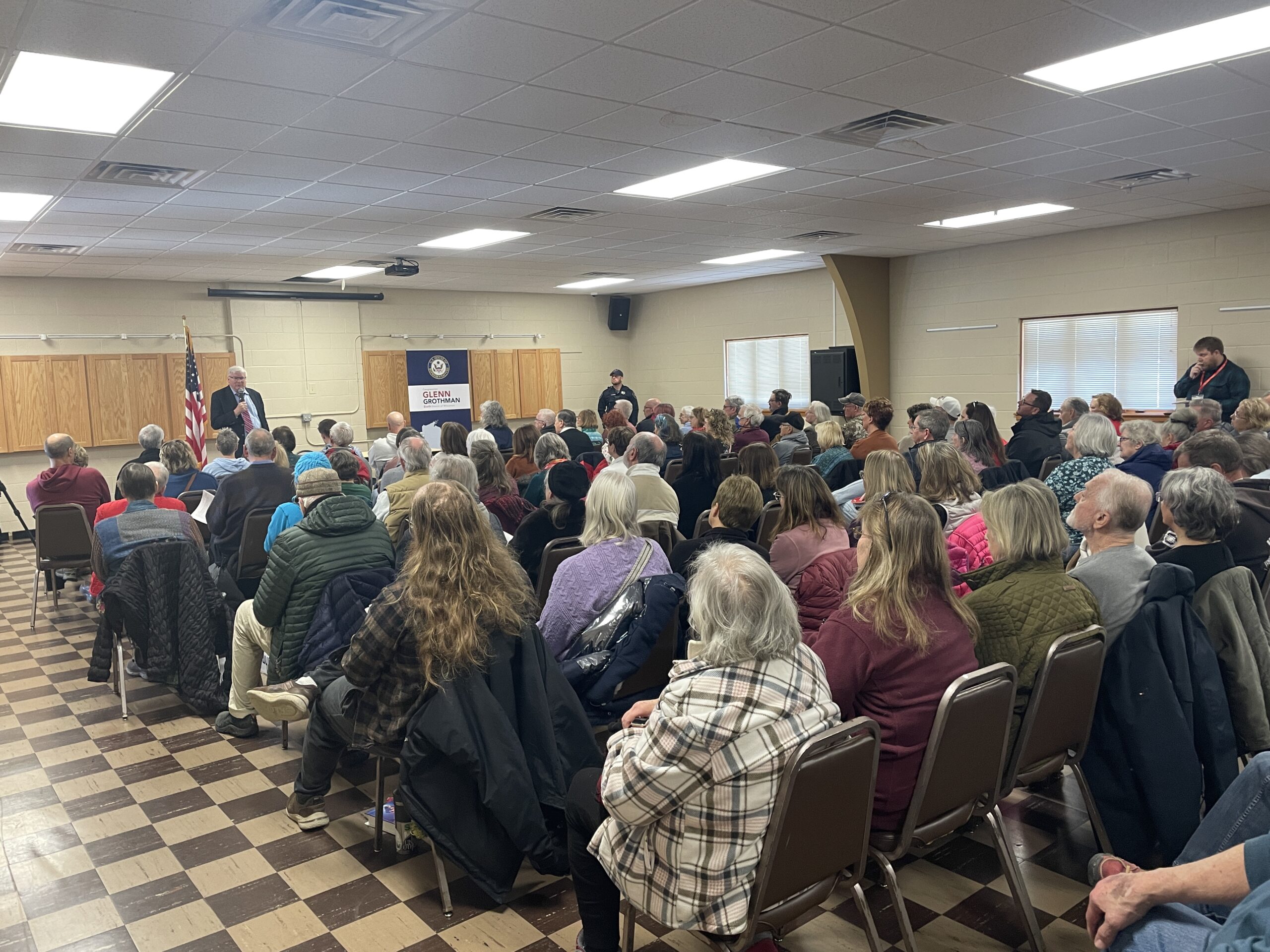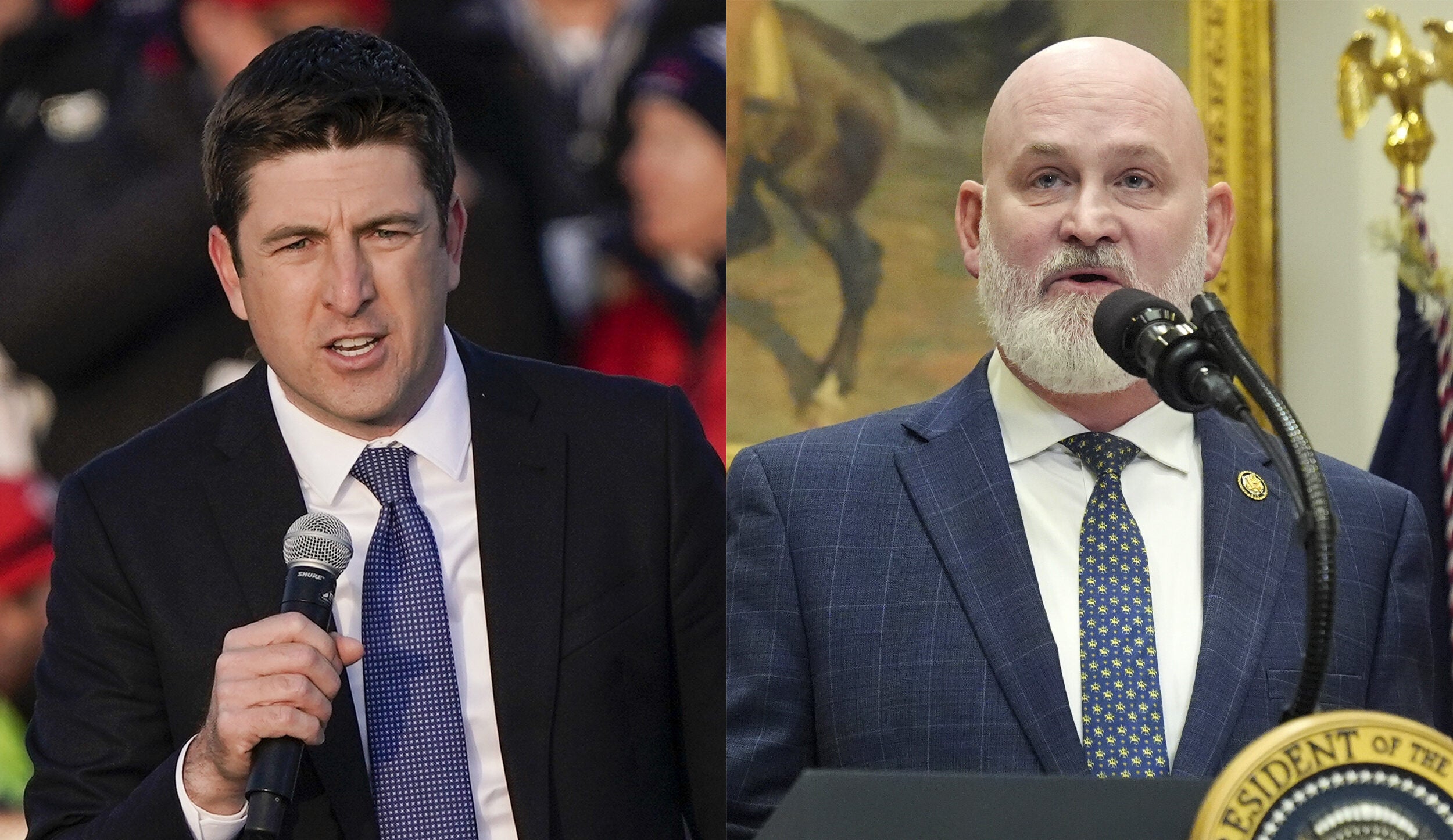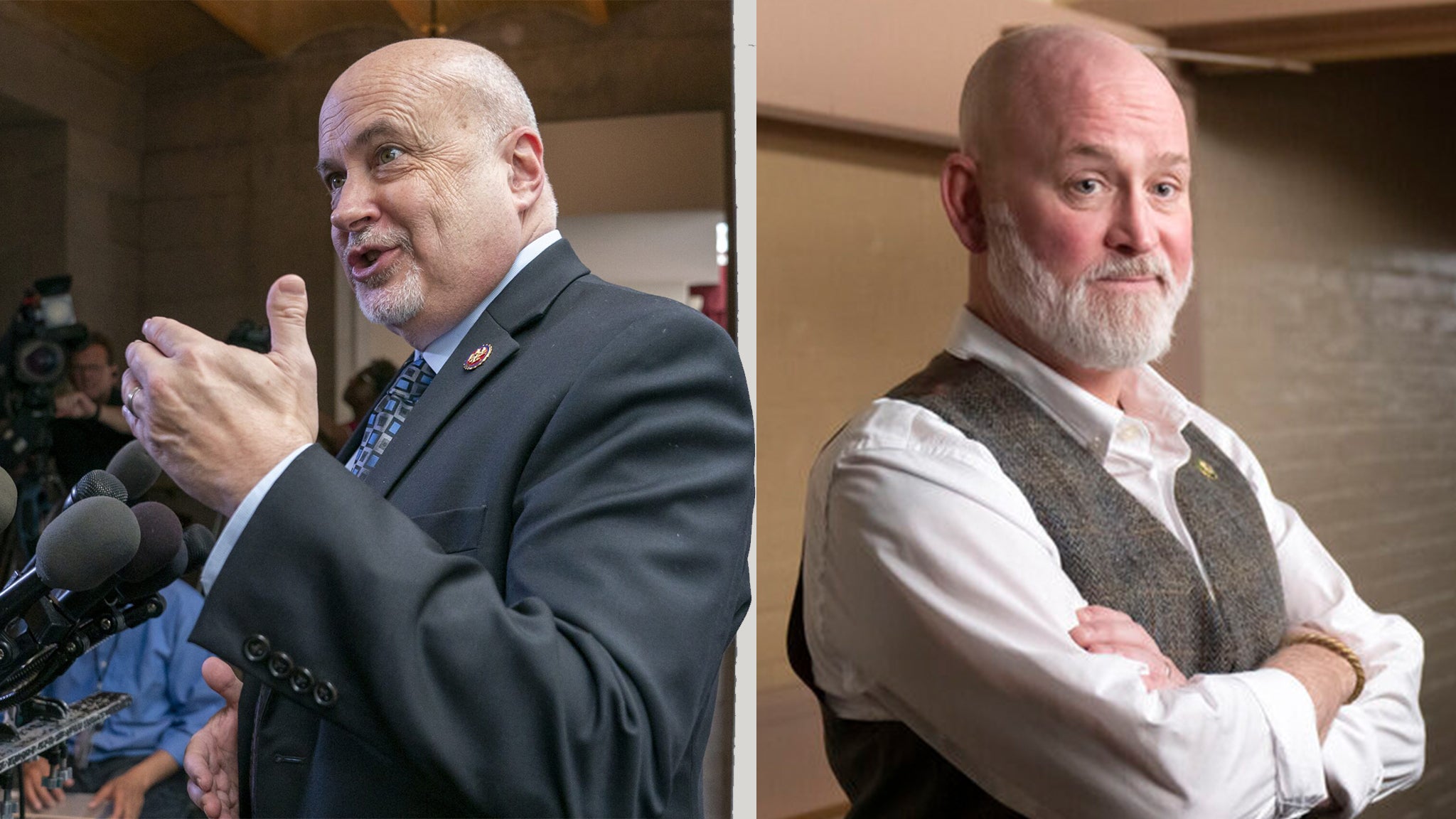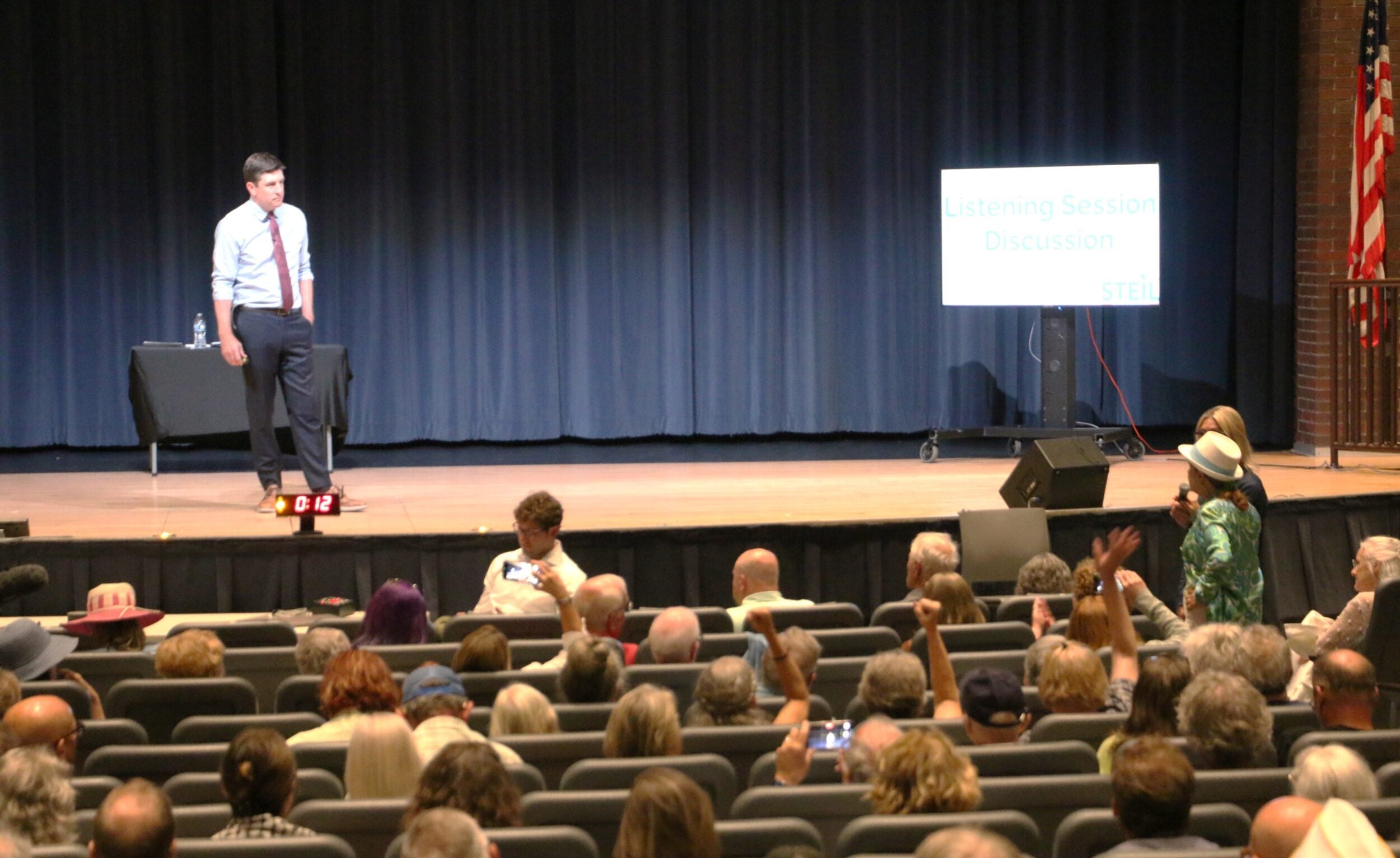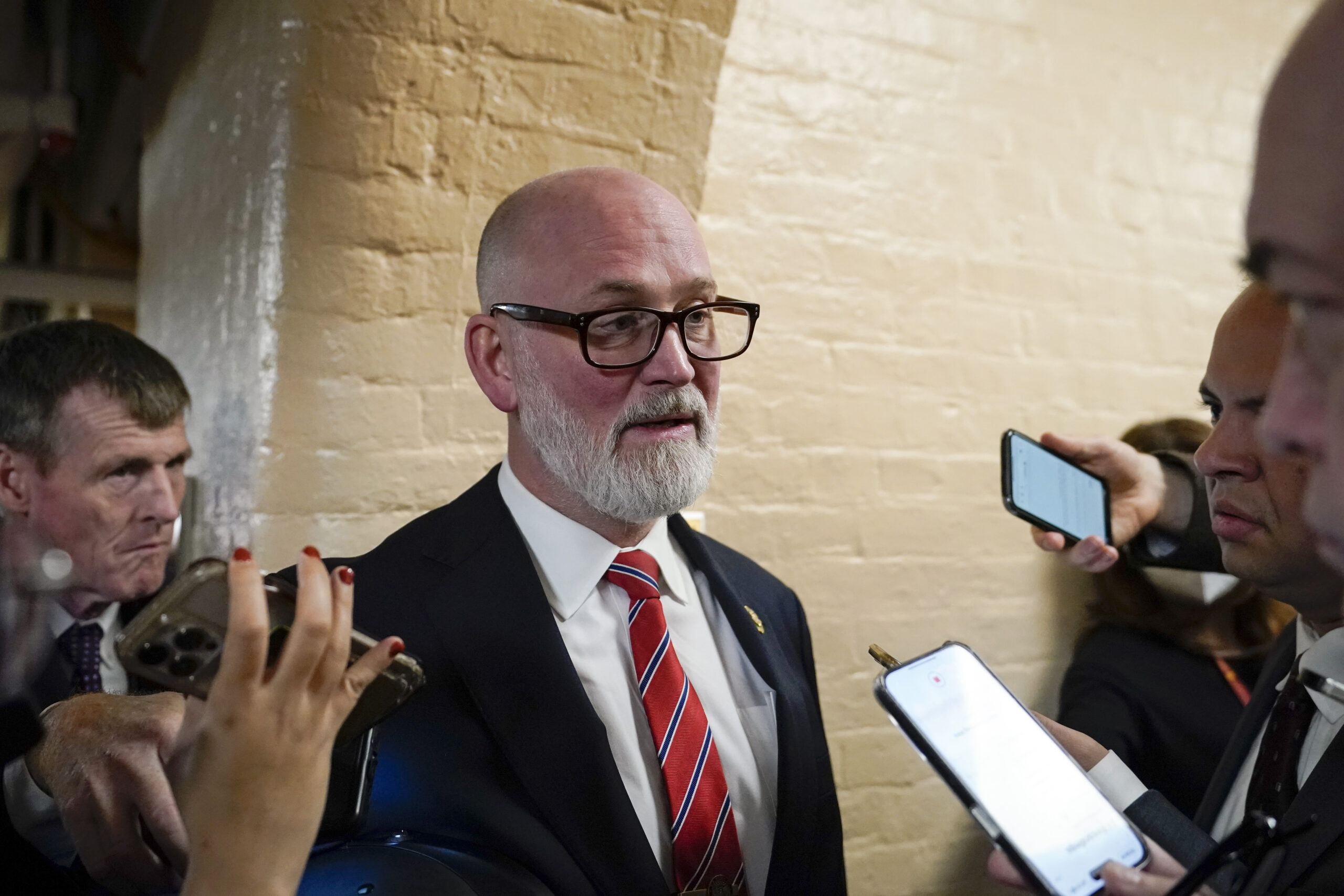At a raucous town hall in Wisconsin, angry constituents shouted down an incumbent from the state’s congressional delegation as he defended changes to the federal government driven by the newly elected president.
It was 2009, and then-U.S. Rep. Steve Kagan, a Democrat from Appleton, was facing growing opposition in Wisconsin’s 8th Congressional District over a massive overhaul of the nation’s health care system initiated by President Barack Obama.
Scenes like these were happening across the nation that year and the next, but Democrats downplayed suggestions that the public had turned on them. Some said the outbursts were staged by billionaire donors.
News with a little more humanity
WPR’s “Wisconsin Today” newsletter keeps you connected to the state you love without feeling overwhelmed. No paywall. No agenda. No corporate filter.
Republican Reid Ribble, who ran against Kagen that election cycle, sees parallels between what’s happening now and what happened then.
“For sure,” Ribble told WPR. “This is exactly like 2010.”
This year, Republican U.S. Rep. Glenn Grothman of Glenbeulah found himself in a situation not unlike what Kagan faced around 15 years earlier. He was booed and jeered during a February town hall near Oshkosh while he defended a flurry of executive orders from President Donald Trump. Republican U.S. Rep. Scott Fitzgerald of Clyman received angry reactions during his town hall, too.
In a case of political déjà vu, it’s now Republicans claiming billionaires are paying activists to disrupt their events. Ribble said the claims don’t hold water.
“This is what political parties say to try to disarm or make it look like what’s happening isn’t really happening,” Ribble said.
In 2010, Ribble soundly defeated Kagan in the midterm election, riding a massive Republican wave that helped the GOP flip the U.S. House of Representatives. Republicans in Wisconsin also took control of state government and held it for nearly a decade.
Ribble said seeing the hostile crowds at GOP town halls leaves him feeling like the tide could be turning against Trump — and Republicans — in a similar way.
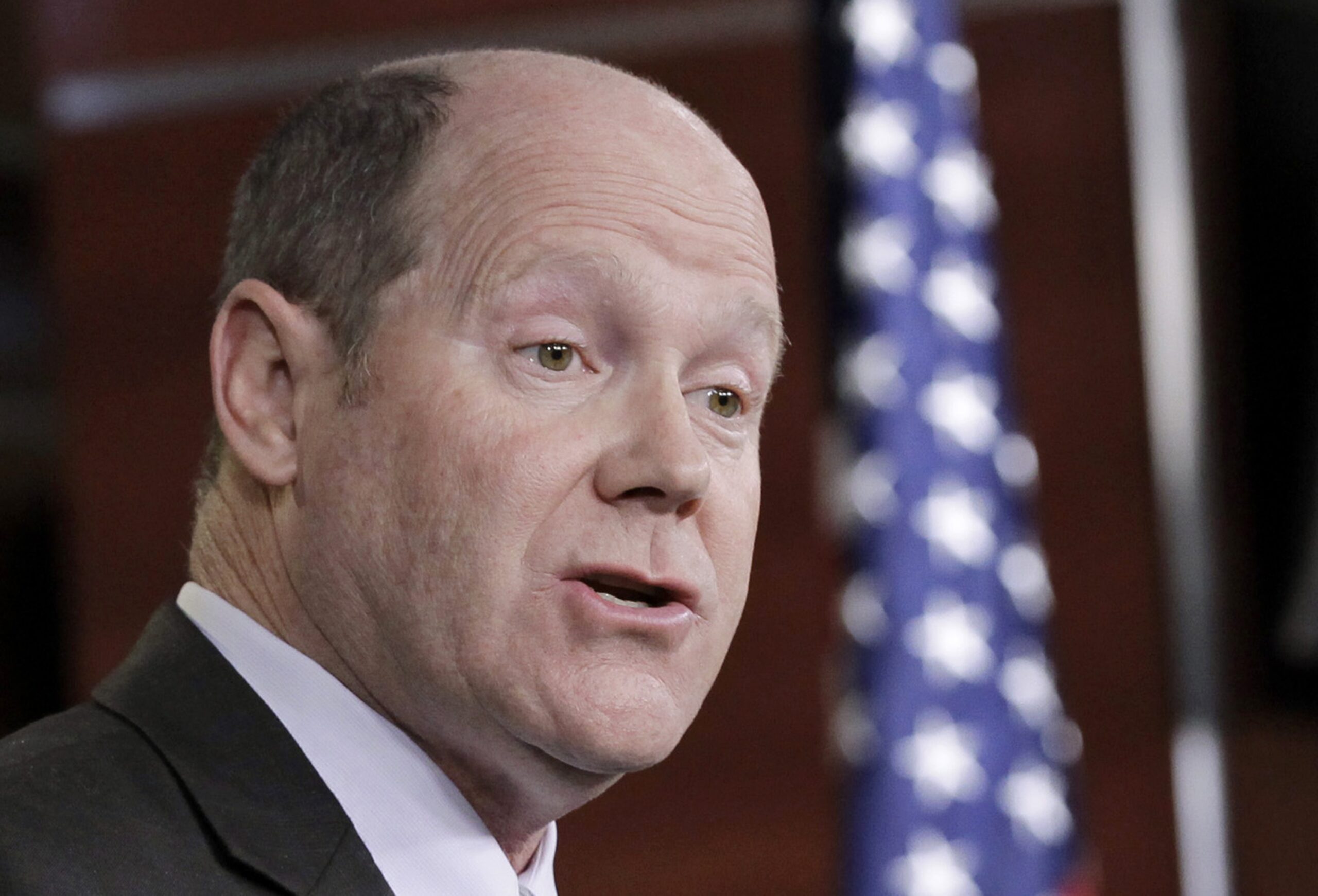
Town halls then and now ‘mirror images of each other’
University of Wisconsin-Milwaukee emeritus professor Mordecai Lee said in terms of political context, the feisty town halls during the early Obama years and 2025 are essentially “mirror images of each other, one on the Republican side, one on the Democratic side.”
“The key was, in a sense, to generate media coverage. And I think what we’re seeing here is really the same thing,” Lee said. “To go to the town hall meetings of Republican members of Congress and to express their views loudly and vehemently and to obtain coverage.”
Lee said because the “Trump phenomenon” is so unique in American presidential politics, it’s hard to say whether there might be a “blue wave” of Democratic victories in next year’s midterm elections. What’s more, he said most people didn’t live in the same kind of ideological echo chambers in 2010.
“I think all it’s telling us right now is that Democrats are quite mobilized against Trump, similar to the Tea Party, but we really don’t know how that will translate,” Lee said.
2025 backlash ‘much broader’
Joe Heim, an emeritus political science professor at the UW-La Crosse, sees the parallels between 2010 and 2025, too. But he said the backlash from Democrats this year is “much broader” than it was when Republicans were protesting the prospect of the government getting more involved in health care.
Heim said the push by Trump and Elon Musk to shut down agencies like USAID and the U.S. Department of Education has happened in a matter of weeks, and he thinks people are having a hard time keeping up. In 2009 and 2010, it took Democrats seven months to pass the Affordable Care Act.
Each federal program now under the microscopes of Trump and Musk has a constituency, Heim said, and elected Democrats are also facing some heat from their own voters for not pushing back more aggressively.
“In this particular case, what it seems to be doing is engendering a lot of energy and enthusiasm to get out and do something,” Heim said. “You’ve seen arguments about the Democrats in Washington not doing enough. They’re not out there fighting. Well, it’s pretty clear that people at the grassroots are unhappy about what’s going on.”

Polling backs that up. In Wisconsin, a Marquette University Law School poll released on March 5 showed just 34 percent of all registered voters had a favorable view of Democrats. Nationally, an NBC News poll found the Democratic Party hit an all-time low.
But in 2009, following Obama’s landslide victory, there was speculation that the Republican Party could be headed to continued losses in the next election. Instead, the GOP won big.
Some are already watching Wisconsin’s 2025 Supreme Court race for possible signs about how the public feels about Trump’s second term.
Ribble, who served three terms representing Wisconsin’s 8th Congressional District, is not among them. He says the real test will come in November 2026, when he’s almost certain Democrats will flip the House.
“If this anger continues into the midterm elections next year, it could be a brutal bloodletting for Republicans,” Ribble said. “Just like it was in 2010 for Democrats.”
Wisconsin Public Radio, © Copyright 2025, Board of Regents of the University of Wisconsin System and Wisconsin Educational Communications Board.

